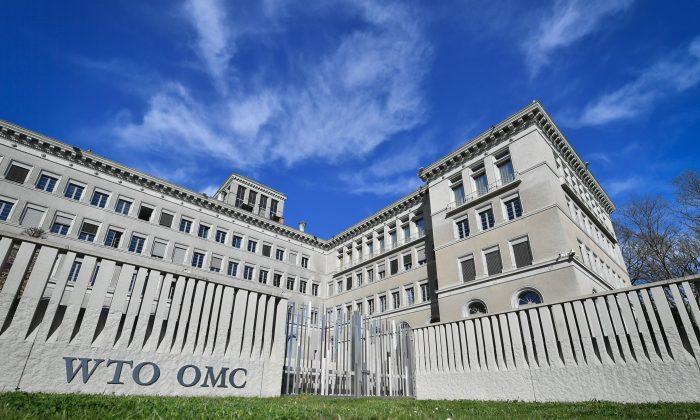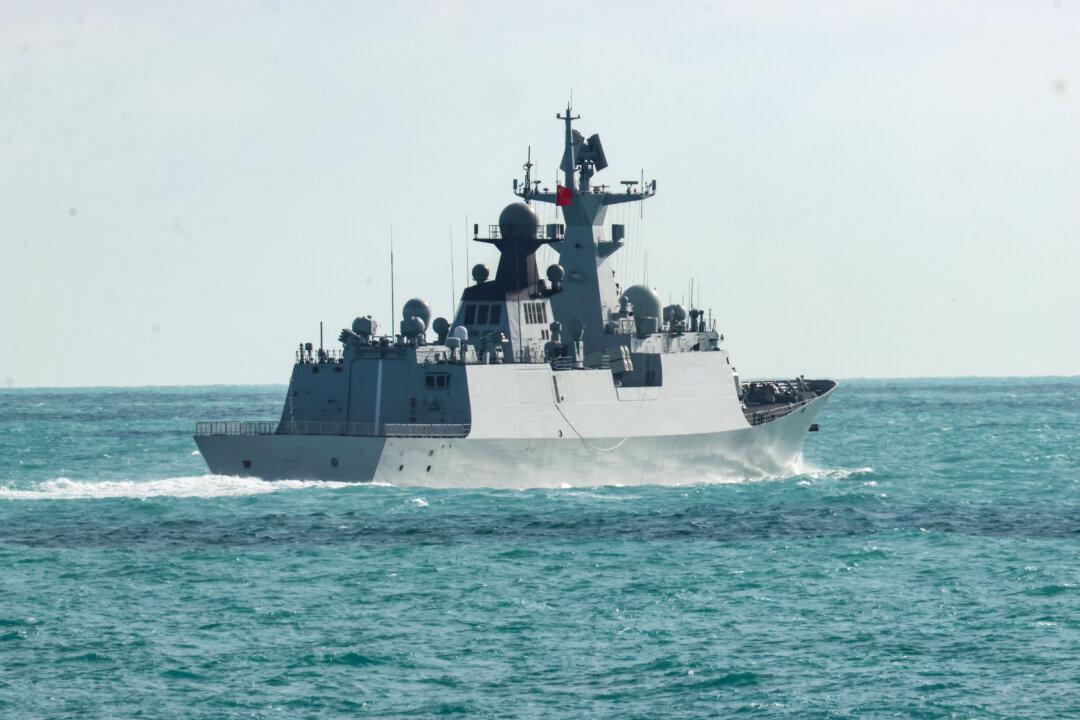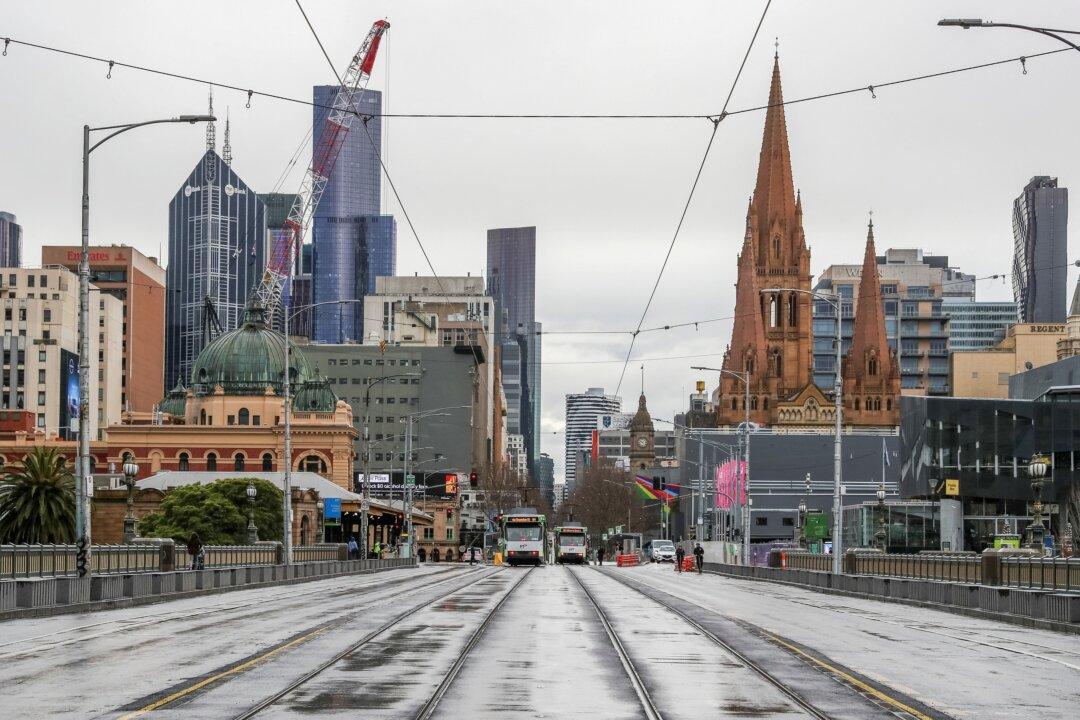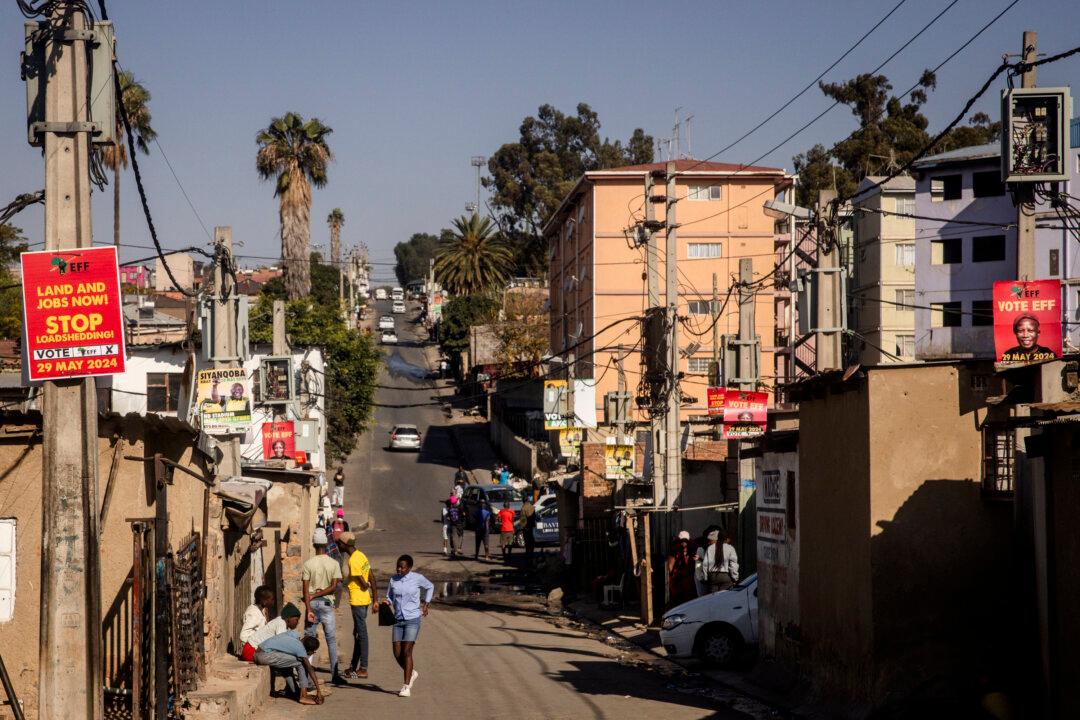Australian diplomats have issued a strongly worded statement criticising Beijing’s use of economic coercion and warning that its behaviour could undermine the global trading system.
Australia’s ambassador to the World Trade Organisation (WTO), George Mina, released the statement as part of the global body’s regular Trade Policy Review process.
It said that while increased engagement from Beijing was welcome, it had made little progress in adopting WTO principles and that it needed to “adhere more closely to market-oriented principles.”
It outlined a range of activities undertaken by the Chinese Communist Party (CCP) against Australian exporters, including arbitrary border testing and inspections, the imposition of tariffs, and unwarranted delays in listing export establishments and issuing import licences.

The measures have “limited or ended” Australian trade to China across the barley, coal, cotton, hay, logs, meat, rock lobsters, and wine industries.
“China says these actions reflect legitimate concerns, but there is a growing body of information that demonstrates China’s actions are motivated by political considerations,” the statement noted.
“For example, when asked in July 2021 how Australia should handle relations with China, a spokesperson for China’s Foreign Minister said: ‘We will not allow any country to reap benefits from doing business with China while groundlessly accusing and smearing China and undermining China’s core interests based on ideology.’”
The Australian government noted that WTO rules did not allow member states—no matter how large they were—to impose such conditions on other nations.
“The implications of China’s actions go beyond their impact on Australian exporters; they raise the risk and uncertainty of the China market for the global business community,” it said.
“By undermining agreed trade rules, China also undermines the multilateral trading system on which all WTO members rely,” it continued. “China has assured members of its commitment to the rules-based order, but from our viewpoint, there is a growing gap between China’s rhetoric and its actions.”
Beijing’s trade strikes against Australian exports began soon after Foreign Minister Marise Payne started calling for an independent investigation into the origins of COVID-19 in April 2020.
Chinese Ambassador to Canberra, Cheng Jingye, responded with a veiled threat saying bilateral trade could suffer as a result.
Federal Trade Minister Dan Tehan said Australia would continue to pursue its case against China at the WTO.
“We haven’t seen much change in the last 12 to 18 months, but that doesn’t mean we don’t keep putting forward our case,” he told Sky News Australia on Oct. 21.
“(The statement) calls out what we think are practices that are politically motivated.”
According to Peter Draper, executive director at the Institute for International Trade at the University of South Australia, obtaining a genuine resolution will be difficult. However, the Australian government is most likely using the platform to expose Beijing’s actions and behaviour.
“As they say, ‘Sunlight is the best disinfectant.’ I think that’s what the Australian government is aiming for in this case,” he told The Epoch Times previously.





